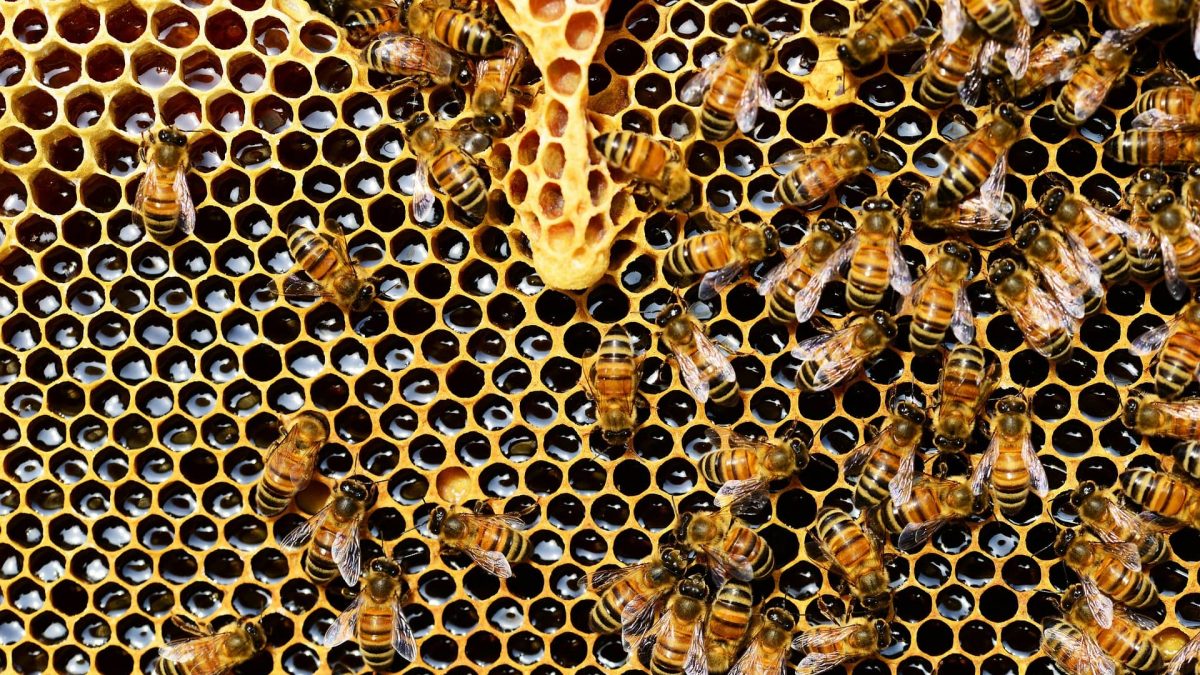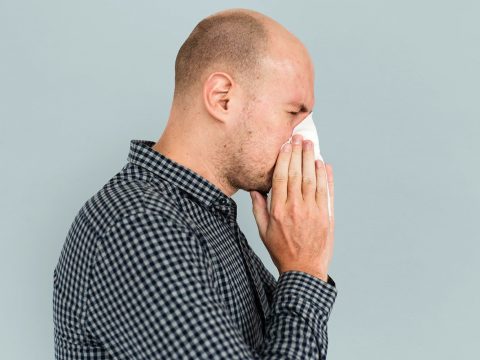- 979-485-9287
- office@bvallergy.com
-
 979-251-7804
979-251-7804
Bee Sting Allergy

Learn About Food Allergies
February 5, 2019
Seafood Allergy
February 19, 2019Many people love spending time outdoors during the summer. We all just love to sit back and relax in our backyards and feel the warmth of the sun or go on peaceful walks through the park. However, these activities can easily be interrupted if bees are flying around. No one would dare stay in a place knowing that there is a possibility of them getting stung by bees. For most people, a bee sting only produces temporary pain and discomfort. However, for people with a bee sting allergy, the symptoms can be much more dangerous than that.
Most people can’t tell the difference between bees, hornets, yellow jackets, and wasps. However, the one thing that all of these insects have in common is that they sting. A bee sting allergy refers to a serious body reaction to the venom from a bee sting. Normally, a bee sting doesn’t cause an extreme reaction. The area that was stung just becomes red, itchy, and swollen. However, those with a bee allergy can have a far more severe allergic reaction. If you’re allergic to bees, you might experience bee poisoning. When this happens, a severe and even life-threatening reaction might occur. This reaction is called anaphylaxis. If this anaphylactic reaction to bee sting occurs, you need to seek immediate medical attention.
How to Know if You’re Allergic to Bee Stings
When you get stung by a bee, but don’t have a bee sting allergy, only a mild reaction would likely take place. Here are some of the symptoms associated with a mild reaction:
- Redness of the area where you got stung
- Swelling on the area
- Intense pain at the site
- Itching
- Pimple-like spots
For those who are unfortunate enough, there are more severe signs and symptoms to look out for when you are allergic to bee stings. This includes:
- Difficulty in breathing
- Dizziness
- Wheezing
- Restlessness
- Swollen throat
- Abdominal Pain
- Flushed skin
- Anxiety
- Rapid pulse
- Swelling of the face or any part of the mouth of a tongue
Symptoms for a severe allergic reaction should not be ignored. Immediately call an allergist or a physician to get emergency treatment.
Bee Sting Treatments (if you’re not allergic)
If a bee or any other insect has left its stinger in your skin, the stinger should be removed within 30 seconds to limit the accumulation of bee venom. The stinger and the sack can easily be removed with a quick scrape of the fingernail. Try to avoid squeezing the sack. This will only force more bee venom through the stinger and into your skin.
For ordinary bee stings that cause a mild reaction, home remedies for bee stings may be enough. There are several ways to treat stings and alleviate pain.
- Gently clean the area with soap and water to avoid secondary infection.
- Apply a cold compress on the affected area to reduce the swelling and pain.
- Use a soothing ointment like hydrocortisone cream or calamine lotion and apply it to the area. Cover it with a dry, sterile bandage.
- Take an antihistamine to soothe itching, swelling, and hives.
- Take a pain reliever such as Ibuprofen to reduce the pain.
Talk to your doctor first before taking any medicine to ensure your safety.
Bee Sting Allergy Treatments (if you are allergic)
If you are severely allergic to insects, you’ll need epinephrine. This shot will prevent a more severe allergic reaction. Immediately call a doctor because you will still need emergency medical care. If you’ve ever had a severe allergic reaction to an insect sting, always carry with you epinephrine to avoid life-threatening situations.
We also have another way to treat allergic reaction to insect stings, this is called Venom Desensitization, an allergy shots for bee and insect stings treatment. Before giving you this shot, experts will first test which insect you’re allergic to. Once they identified, you will begin to receive treatment once or twice a week. The dosage will slowly increase until you reach a maintenance dose. However, if you have experienced a severe allergic reaction to an insect sting, it is best to talk to your allergist so that they can provide you with the best treatment.
It is important to be informed about what to do during this kind of situation. To know more about a bee sting allergy, contact your doctor or an allergist.
REFERENCES:
Clinical Advisory
WebMD
Healthline
Poison Control National Capital Poison Center




